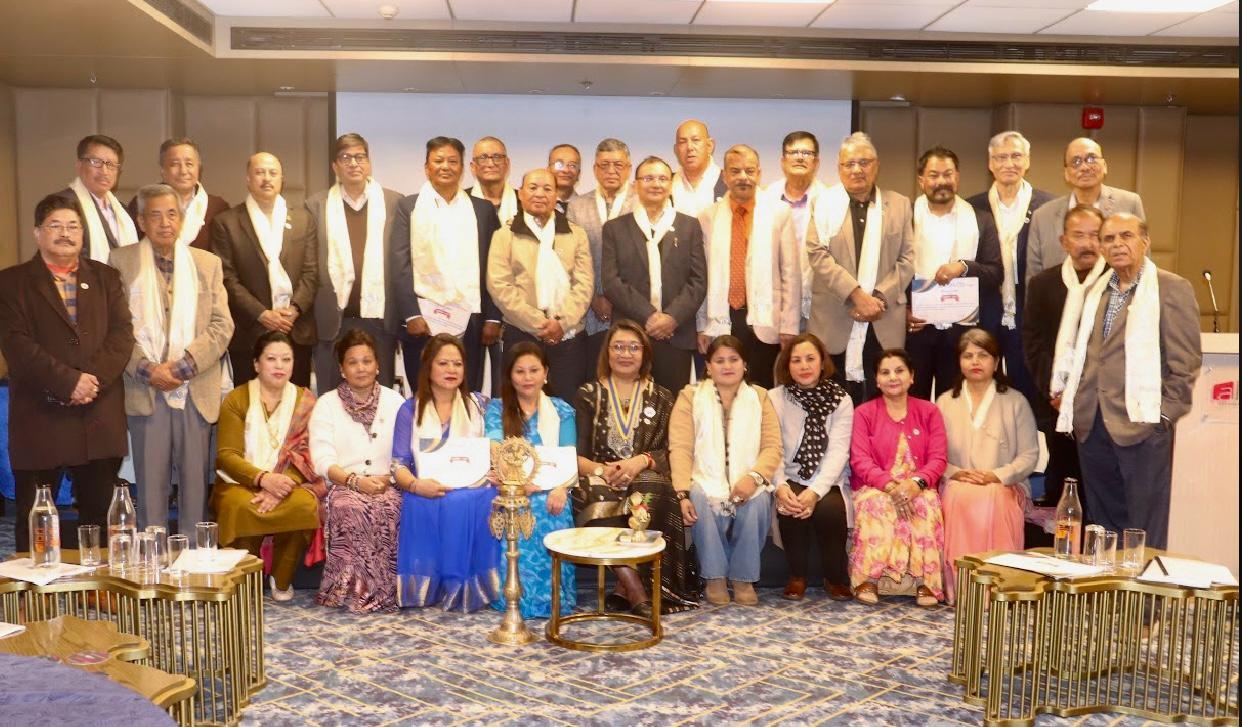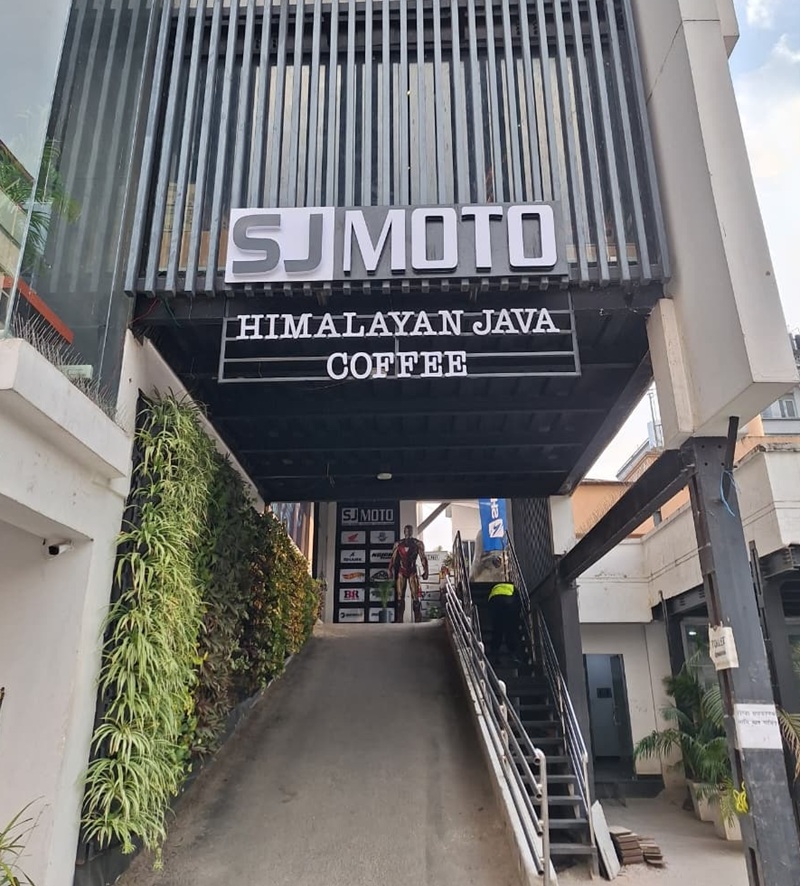Vishwakarma Puja and Vastu Day Celebrated: Tools, Vehicles, and Architecture Honored
Vishwakarma Puja Vastu Day
17th September 2025, Kathmandu
Today, the nation celebrates Vastu Day and Vishwakarma Puja, a festival of profound cultural and religious significance that honors Lord Vishwakarma, the divine architect and craftsman.
Vishwakarma Puja Vastu Day
Observed annually on Kanya Sankranti (Ashwin Sankranti), this day is a tribute to the wisdom and creativity that underpin human civilization, from ancient tools to modern technology.
The celebrations are a vibrant display of devotion, as blacksmiths, artisans, engineers, and even vehicle owners participate in rituals to seek blessings for their livelihoods and safety.
The day is marked by special celebrations in factories, workshops, and industrial areas across the country. Workers enthusiastically decorate their workplaces and perform a ritual worship of an idol or picture of Lord Vishwakarma, often crafted from sand or other materials.
The reverence for the deity is deeply ingrained in the professional community, with the religious belief that honoring him will ensure the longevity and smooth functioning of their tools and equipment.
This tradition, passed down through generations, emphasizes the value of hard work, skill, and the instruments that make it all possible.
The idols, after the day’s worship, are later ritually immersed in sacred rivers, such as the Bagmati River’s source at Sundarijal, a symbolic gesture of returning the divine creation to nature.
According to religious scholars like Prof. Toyaraj Nepal, the tradition of worshipping Vishwakarma dates back to the Dwapar Yuga. It is believed that Lord Vishwakarma, in a single night, constructed “Bhed Dwaraka” in the middle of the sea to protect Lord Krishna from demons.
This incredible feat of engineering and architecture earned him the title of a successful and divine architect, and his worship began from that time onward.
This mythological foundation underscores his role as the patron deity of builders and craftsmen. It is believed that the “Bhed Dwaraka” he built still exists in the middle of the sea near Gujarat, India, serving as a testament to his unmatched skill.
In a modern twist to this ancient tradition, the worship extends to contemporary tools of the trade. On this day, not only do blacksmiths and artisans worship their hammers and chisels, but even modern machinery and vehicles with engines are meticulously cleaned, decorated, and worshipped.
This practice is rooted in the belief that by honoring these tools of creation, one can acquire the qualities of Vishwakarma himself.
For many vehicle owners, this is a day to show respect for their mode of transport and pray for safety on the road. The tradition beautifully bridges the gap between the ancient world and the modern age, applying timeless beliefs to the technology that defines our current era.
The celebration is not just for the artisan community. Vastu experts also observe this day as Vastu Day, in memory of the scholars and authors of Vastu scriptures.
Vastu Shastra, an ancient architectural science mentioned in the Sthapatya Veda, has seen a revival in Nepal. With an increasing number of people building homes and cities based on its principles, the importance of this architectural science has grown significantly.
The day is a recognition of the profound knowledge of spatial and architectural harmony that Vishwakarma embodies.
As Nepal’s economy grows and its reliance on technology and infrastructure increases, the relevance of festivals like Vishwakarma Puja becomes even more pronounced.
It serves as a powerful cultural reminder to respect the tools that build our nation, the technology that drives our progress, and the individuals whose skills make it all happen.
In a world of increasing digitalization and automation, the act of ritually honoring physical tools and machines is a potent symbol of our connection to the tangible world and the human ingenuity that continues to shape it.
For more: Vishwakarma Puja Vastu Day







